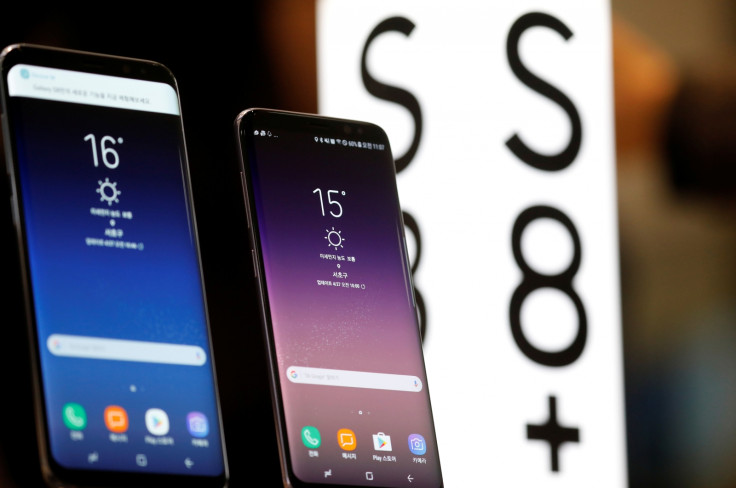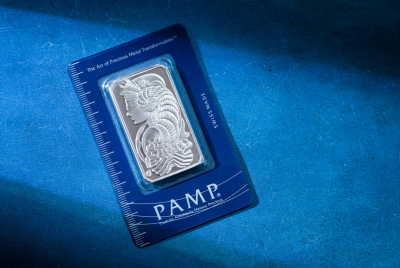Samsung's Q1 profit surges as company sees resilient growth despite corruption scandal
The company's profit stood at £5.2bn, which is the best it has posted in the last three years.

Samsung reported a net profit of KRW 7.6tn (£5.2bn, $6.7bn) in the first quarter of 2017, a 46% increase as compared to the same period last year.
The South Korean firm's earnings remained resilient despite the Galaxy Note 7 fiasco last fall, which was followed by the alleged corruption scandal involving Samsung Group chief Jay Y Lee. The electronic giant's profits for the first quarter were up 8% from the fourth quarter of 2016.
This is the best quarter for the company in the past three years.
However, the Seoul-headquartered conglomerate's mobile phone sales dipped 17% to KRW 22.47tn year-on-year. But, sales for its semiconductor units surged 40% to KRW 15.66tn.
Samsung expects demand for its smart phones and tablets to remain flat in the upcoming quarter due to diminished sales for low-end products, which could be compensated by a more robust demand for high-end products throughout the year.
Demand for its semiconductor units is expected to remain consistent until the yearend. Samsung has a competitive edge over rival Apple as some parts of the semiconductors incorporated within the firm's flagship smartphones are manufactured in house.
In an attempt to beat Samsung, Apple recently proposed to own a joint stake with Toshiba in the latter firm's semiconductors unit. The move indicates that Apple is planning to manufacture its own memory chips for its smart phones and tablets.
Samsung dominated the global smartphone market with a 26.1% share in the first quarter of 2017, while Apple was placed second with a 16.9% market share, followed by Huawei in third place with 11.4%.
© Copyright IBTimes 2025. All rights reserved.





















